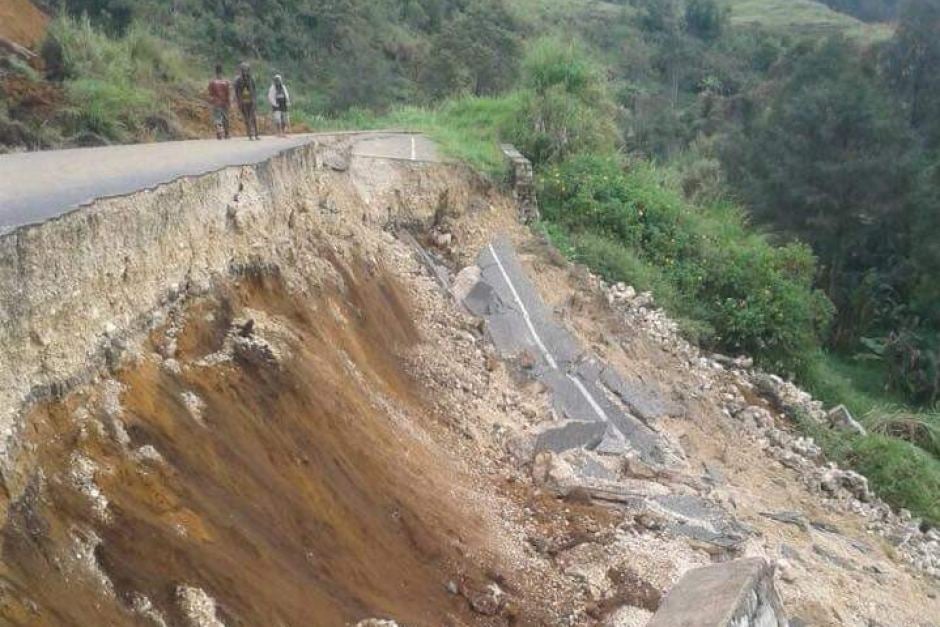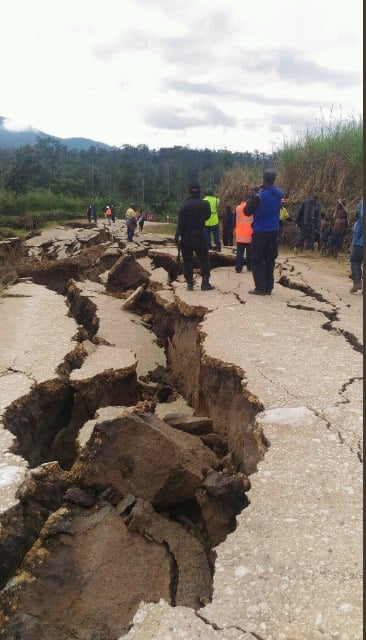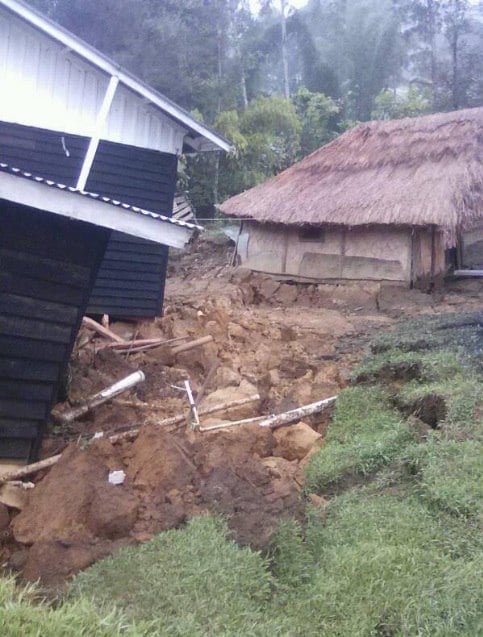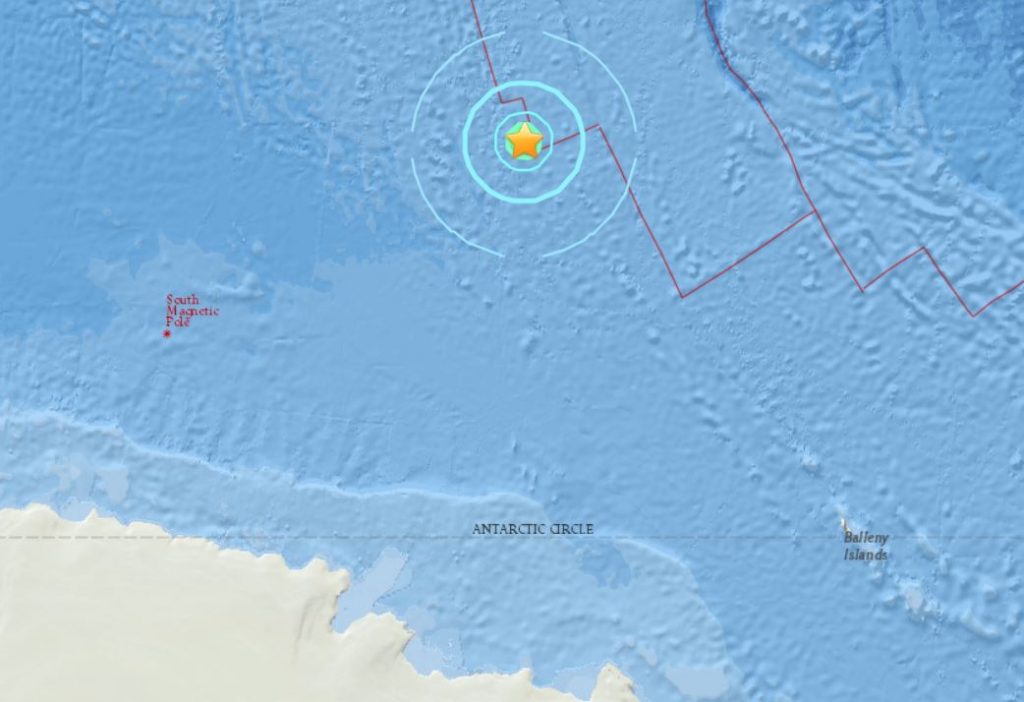Newly released satellite photos purportedly show a new Iranian military base near Damascus, Syria which is capable of housing missiles capable of hitting Israel.
The photos, posted on Wednesday by Fox News and taken by ImagSat International, a geospatial company, show an area known as Jabal al-Sharqi, approximately eight miles northwest of Damascus. Fox reported that the photos show two newly constructed white buildings, each roughly 30 yards by 20 yards, which are described as hangars that can be used to store short-range and medium-range missiles.
The report attributed the new base to the Quds Force — the special operations arm of Tehran’s Islamic Revolutionary Guard Corps (IRGC). The base is similar to the one seen in El-Kiswah, south of Damascus. The IDF reportedly destroyed that base in December by launching surface-to-surface missiles.
There has been a demonstrable growing Iranian military presence in Syria. Just last week, the New York Times reported the locations of dozens of bases in Syria which are operated by Iranian forces, including administrative bases, logistical bases, control centers for UAVs (drones) and training centers.
Israel has stressed in both rhetoric and action that it will not tolerate Iran’s increasing aggression in the region. Two weeks ago, an Israeli Air Force Apache helicopter shot down an Iranian drone that infiltrated Israeli airspace. Israel also responded by launching airstrikes against Iranian and Syrian military targets in Syria.
At the Munich Security Conference last week, Netanyahu warned that Israel would continue to act against Iran if ever necessary.
“We will act if necessary not just against Iran’s proxies but against Iran itself,” he said, holding up a piece of a piece of the Iranian drone that Israel shot down.
Lebanese Prime Minister Saad Hariri’s switch of loyalty to Hizballah and Iran shocks Riyadh and dismays Israel.
The Lebanese Sunni politician and his family have long been inextricably tied to Saudi Arabia and its royal house, as well as professing a pro-West orientation. However, it was suddenly noticed in Riyadh, as well as Jerusalem, that the most devoted Saudi loyalist in Beirut had quietly crossed the lines.
Hariri had quietly decided to follow the Iranian star and throw in his political lot with his old enemy, the Shiite Hizballah. And they had promised he would retain the premiership after Lebanon’s May 8 general election, in which their Shiite March 8 Alliance was sure to win a majority in parliament.
Caught unawares by Lebanon’s imminent slide into the Iranian orbit, Saudi rulers hurriedly summoned Hariri to Riyadh. He arrived Wednesday Feb. 28. But it was too late to change him back.
The prospect of an Iranian puppet government in Beirut is stunning news for Riyadh, which has traditionally regarded Beirut with its banks and varied luxuries as their back yard. But for Israel, it spells disaster. It means that Iran has succeeded in expanding its ominous, belligerent presence into both of Israel’s northern neighbors, Lebanon as well as Syria.
That the Saudis were caught napping showed in the interview the Washington Post ran Wednesday with Crown Prince Muhamed bin Salman. Referring to Saad Hariri, the prince commented: “Now he is in a better position in Lebanon” – clearly unaware of the shock ahead.
When the Lebanese politician was last summoned to Riyadh five months ago, he landed amid a domestic upheaval – as a result of which he, along with hundreds of Saudi notables, was stripped of his fortune before being allowed to leave. This visit, which Hariri would have preferred to avoid, coincided with another Saudi upheaval, the shakeup of its entire military and defense leadership.



